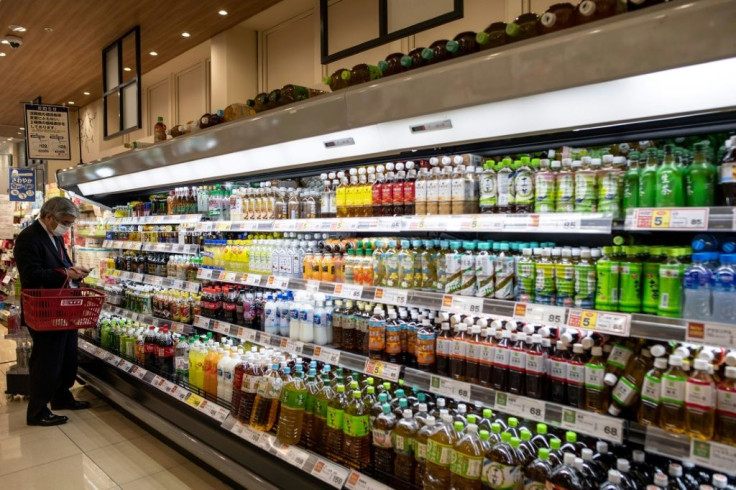Coronavirus Controversy: Japanese Mayor’s Sexist Remark Claims Women ‘Take A Longer Time’ At Groceries
KEY POINTS
- Osaka Ichiro Matsui said, during a press conderence, "Men quickly grab what they're told to buy so they won't linger at the supermarket -- that avoids close contact with others"
- Women outnumber men in the country, accounting for 51% of the population, according to World Bank data, but still lags behind every other G7 country in gender equality
- By mid-April, Japan had only tested about 90,000 people out of a population of 127 million
One unusual consequence of the coronavirus pandemic is that leaders, under tremendous pressure to come up with effective strategies to battle a new, largely unknown virus, can make some unusual and maybe regrettable statements.
That may be the case with the mayor of Osaka, Ichiro Matsui, who said during a coronavirus press conference in Osaka on Thursday that, "Women take a longer time grocery shopping because they browse through different products and weigh out which option is best.”
He followed that up with, "Men quickly grab what they're told to buy so they won't linger at the supermarket -- that avoids close contact with others.”
In normal times both statements would be considered sexist because there are undoubtedly women who are speedy shoppers and men who take time browsing to seek out the better deal.
The mayor’s words prompted Japanese journalist Shoko Egawa to send a Twitter message that said, "People who know nothing about daily life shouldn't make comments.” It resulted in over 3,000 retweets.
One social media user commented Matsui had probably never done the shopping himself. That was reminiscent of media comments made against former United States President George H.W. Bush when he was running for re-election in 1992. He appeared to be confused by a grocery store scanner during an event aimed at showing his connection to the “common person”.
The best defense of Matsui’s comments is the fact that guidelines like social distancing, itself now an approved politically correct behavior, will make it more difficult to shop at pre-pandemic levels. Speeding up the shopping procedure by limiting browsing time is a good way to allow more shoppers to purchase needed essentials.
Japan is still a male-dominated society, but efforts are being made to forge a more gender-equal country. One effort is the pledge made by Prime Minister Shinzo Abe to empower working women through a policy called "womenomics". Women outnumber men, accounting for 51% of the Japanese population, according to World Bank data, but still lags behind every other G7 country in gender equality.
Osaka remains in a state of emergency that began April 7 and leaders are under immense criticism for their handling of the coronavirus crisis.
Many health experts warn of Japan's low testing capabilities and slow government responses. By mid-April, Japan had only tested about 90,000 people out of a population of 127 million. By comparison, South Korea, with 51 million, tested more than 513,000.
The first order of business for Japan and Mayor Matsui is to focus attention on handling the pandemic where a spike in new cases has occurred in recent weeks. Prime Minister Shinzo Abe extended the state of emergency from seven prefectures (districts) to the entire country April 17.

© Copyright IBTimes 2025. All rights reserved.





















